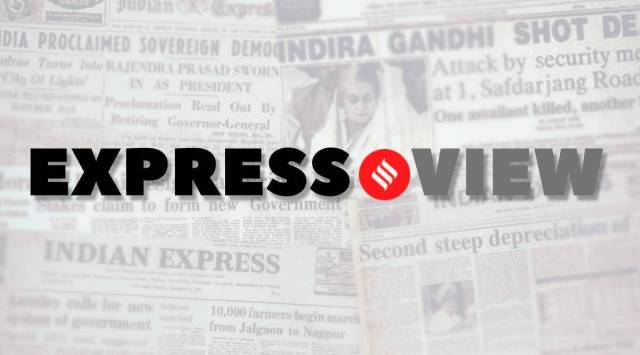
The Supreme Court verdict in the Media One case, setting aside a ruling of the Kerala High Court, is enormously welcome for laying down that the bar must be set high for restrictions on the freedom of the press, that criticism of government policy does not constitute “reasonable restriction” under Article 19(2) of the Constitution, and that due process calls for open justice, not “sealed cover” procedures. The judgment flags a disquieting trend — “the state is using national security as a tool to deny citizens remedies that are provided under the law. This is not compatible with the rule of law”.
Media One, a Malayalam news channel, was granted a licence by the Ministry of Information & Broadcasting in 2011 for 10 years. In 2022, the renewal of the licence was denied because the Home Ministry did not provide security clearance. The ostensible reason for the denial were the alleged links between the channel’s promoters and Jamaat-e-Islami Hind (JEIH). The government cited “national security” concerns, the Home Ministry submitted material to the High Court in a sealed cover. On “national security”, the Court does some much-needed plainspeaking and strikes a wise balance. It is not for the judiciary to define what constitutes national security, the court says, and yet “a claim cannot be made out of thin air without material backing for such a conclusion”. The Court must determine if the state makes the claim in a bona fide manner, by appointing, for instance, an amicus curiae, to balance the need for confidentiality with the imperative to review evidence and preserve public confidence in the justice delivery process. The Court also points out that JEIH is not a banned organisation, and as such, “it will be rather precarious for the state to contend that links with the organisation would affect the sovereignty and integrity of the nation…”